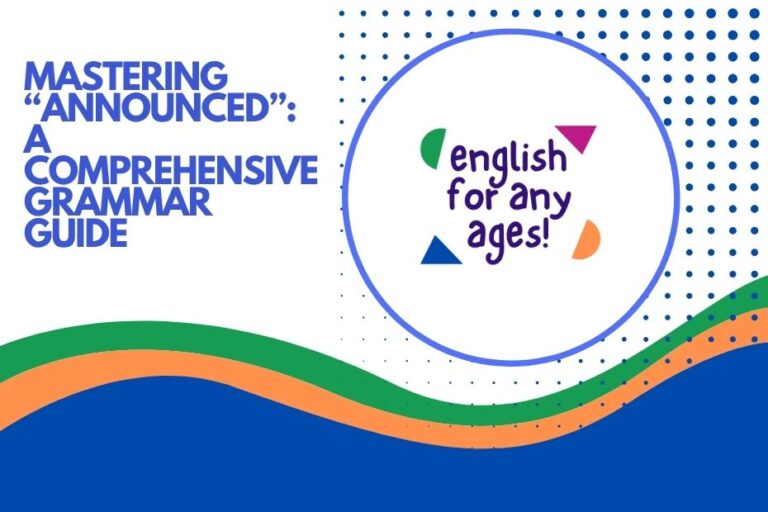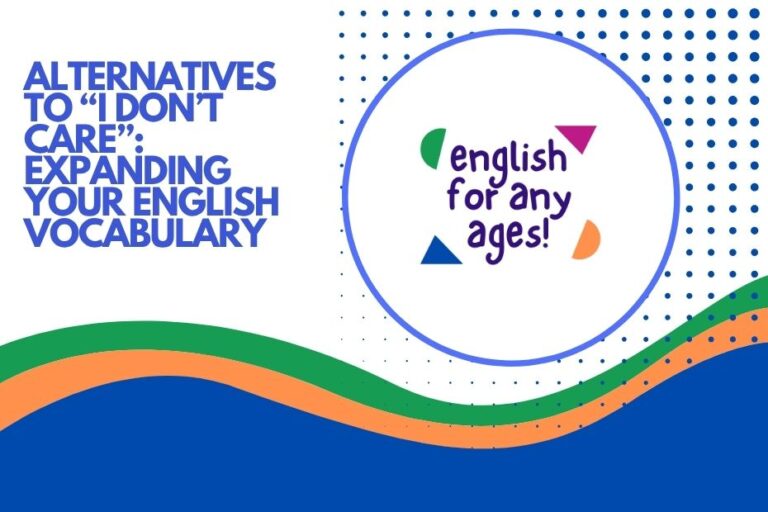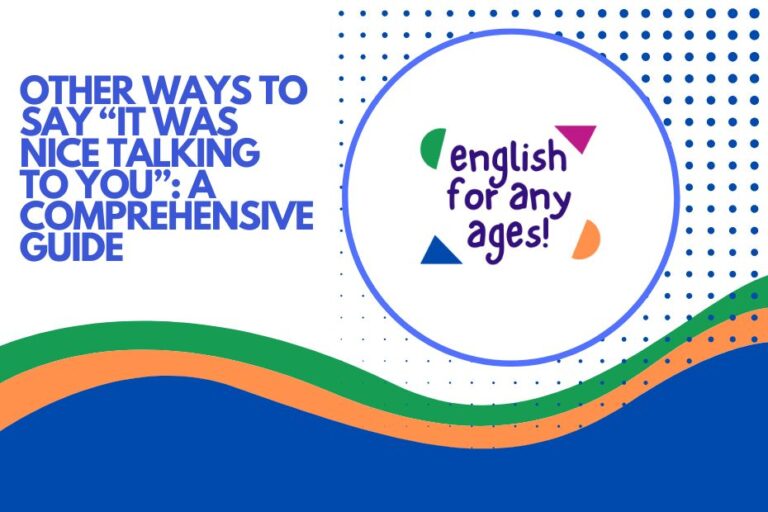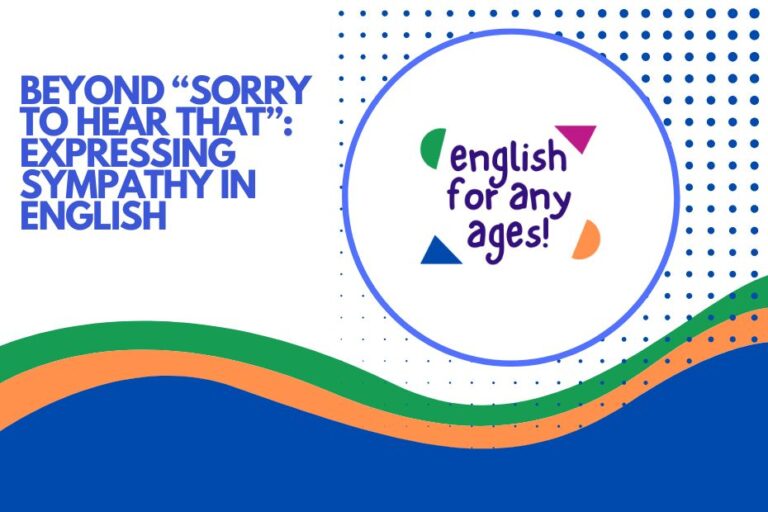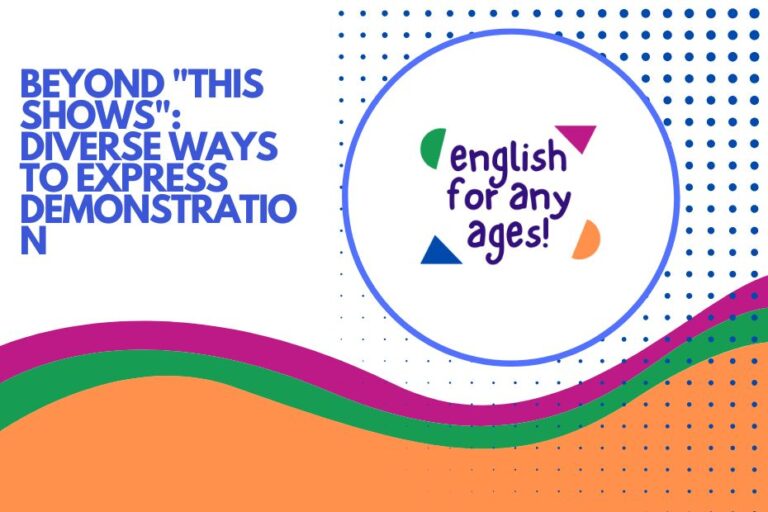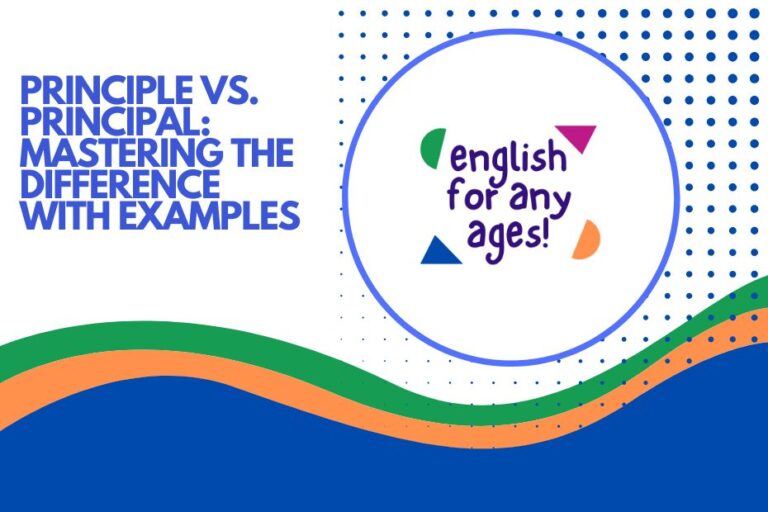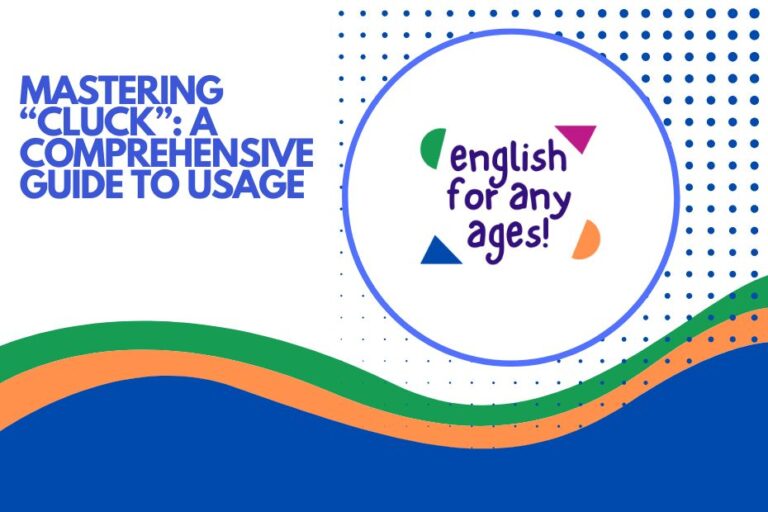Mastering “Announced”: A Comprehensive Grammar Guide
The word “announced” is a fundamental verb form in English, crucial for conveying information, plans, and decisions. Understanding its various uses and grammatical nuances is essential for clear and effective communication. This article provides a detailed exploration of “announced,” covering its definition, structure, usage rules, common mistakes, and advanced applications. Whether you’re a beginner or…

